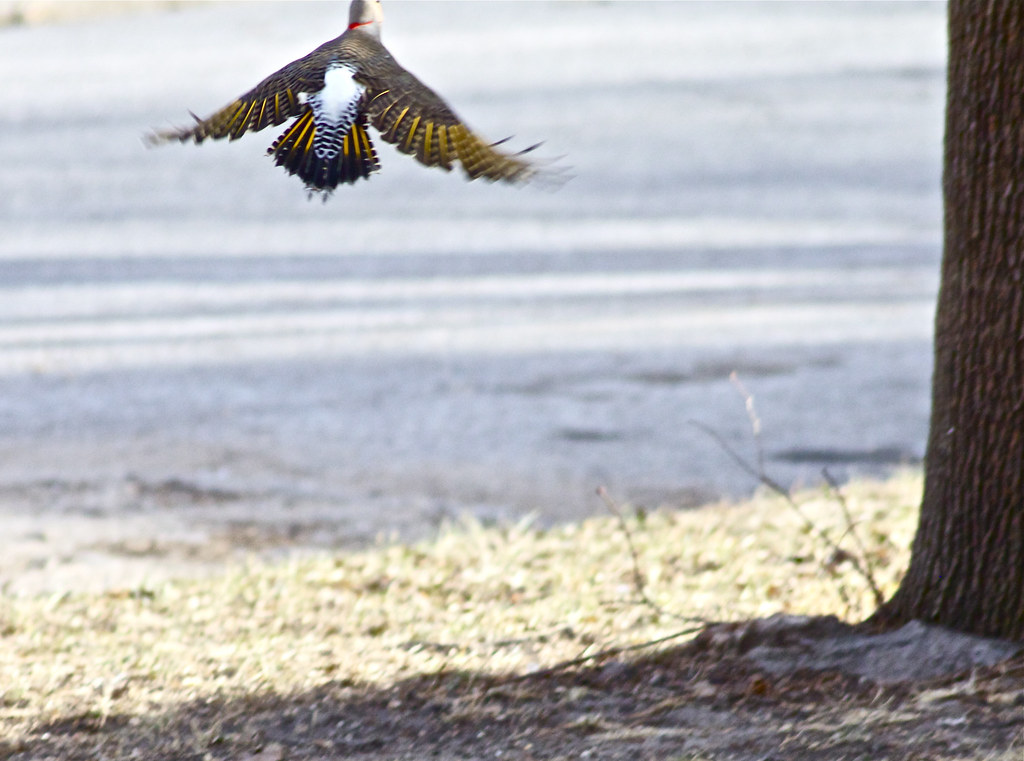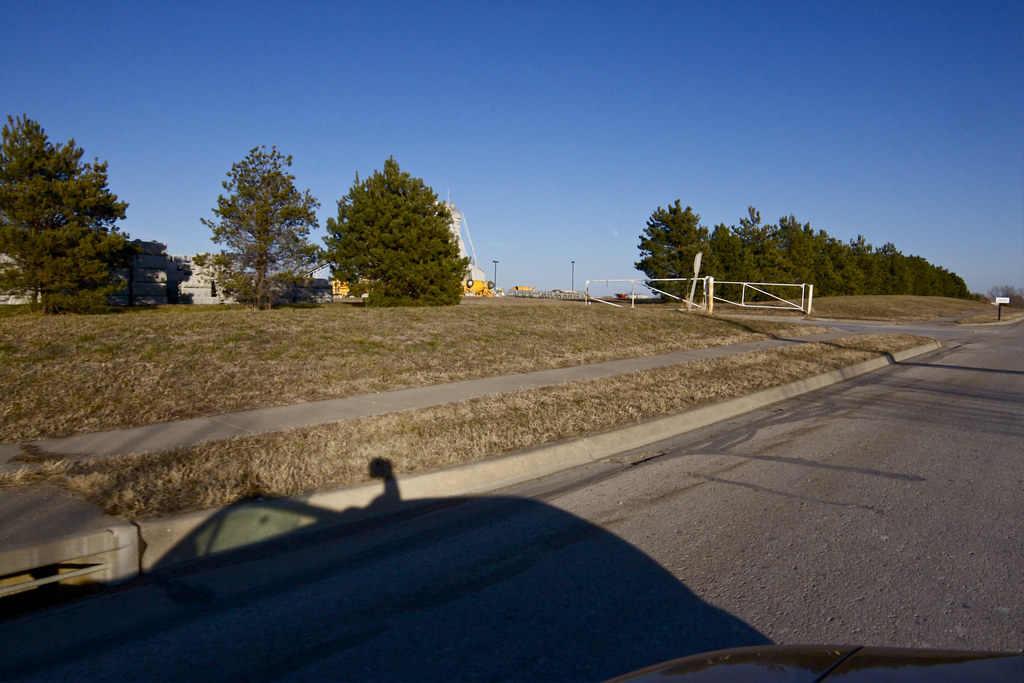About eight years ago, having finished a book, and not being sure what to do next, I read in a magazine that if you were trying to sell a novel, it helped to have some publishing credits with short stories. So I looked at a list in that same magazine of publications accepting short fiction and picked the most appropriate and realistic option. A low budget online 'zine of a hard-boiled noir bent. No idea what the name was, and it has long since disappeared.
I wrote a story to the spec:
Hard boiled noir detective mystery, 2000 words, first person. Sold it for ten dollars. Or, about ninety cents an hour. Still the highest rate I've made.
Percy and agent Paltry keep popping up in my books.
The general theme, style, structure and so on for this were directly patterned off of 'Tales of Houdini' by Rudy Rucker. My favorite short story of all time.
~~~~~~~~~~~~~~~~~~~~~~~~~~~~~~~~~~~~~~~~
The Gilded Cage
By: Dave DeHetre
Percy Niebarger. Must have gotten beat up a lot as a kid with a name like that. Not that I cared, except in so far as it might give me a little piece of leverage against him. The more I thought about it, the more it cracked me up. I made an effort to forget about it, so I wouldn’t spend the whole interview giggling. I was heading towards the crown jewel of the state rehabilitation system, the Carlsbad medium security penitentiary, to interview Percy as a suspect in a murder. This was weird for a couple of reasons: murder wasn’t Percy’s style, and he’d been in Carlsbad for over a year. Off and on.
Perhaps I should explain. Percy was the old school kind of criminal: a straight up burglar. I suppose he might have used more florid terms if he was doing the describing, maybe he’d say jewel thief sounded more respectable. It’s all the same to the law. But you had to respect a man of his scruples. If all criminals were like Percy, the world would be a better place. He was willing to do his time. He’d known what the risks were, and when he got caught, well, that was just one of the costs of doing business. So he really wasn’t the type to commit murder, especially of a stranger. The other thing, as I said, was that he’d been locked up for over a year before the murder was committed. This wasn’t quite as odd as you might think, because the really odd thing about Percy was that he was an escape artist. Hence the off and on I mentioned earlier.
We always had a sneaking suspicion that he was letting himself out at night and keeping his hand in the burglary game. Nothing major, just keeping the skills sharp, keeping the bills paid till he was rehabilitated. Up until the murder, we’d had no hard evidence, just a regular pattern of jobs that fit his M.O., but we never got past step one: his alibi. During each of the burglaries in question, he’d been under lock and key as a guest of the taxpayers. But we knew they were his work, so we just filed them in the stale case drawer and waited ‘til the next time he got out. Then we’d catch him the old fashioned way. And maybe we’d tie all his ‘mystery’ jobs to him then. Or maybe not, like I said, you have to respect a criminal like Percy. He’s one of the good ones.
As I made my way through the various checkpoints, I admired the décor. It wasn’t bad, especially compared to the box I live in. In fact it was quite cozy. It looked more like an old folk’s home than a prison. Quite nice.
Anyway, by the time I got to the interview room, I was in a very nice mood. Apparently, so was Percy.
“Agent Paltry! Nice to see you again.”
“Nice to see you too, although I wish it were under better circumstances.”
“How so?”
“This interview is in relation to a murder investigation.”
“Hmm?”
“Your fingerprints popped up at said murder’s crime scene.”
“Oh.”
“Yes, oh. I won’t bother asking your whereabouts last Friday.”
“Very sensible of you. For the record, I was here.”
“I know, I checked already. But you and I both know that you weren’t necessarily here the whole day.”
“We do?”
“Yes, we do. Don’t waste my time, OK? Here’s the deal: I don’t really care that much about your little ‘hobby’, well, I do, but I don’t think I can do anything about it, and as long as you don’t hurt anyone, well, sleeping dogs and so on. Thing is, now someone’s been hurt.”
“Agent Paltry! I’m devastated that you could think I’d be responsible for such a horrible act.”
“I know, a man of your good standing in the community. It’s unthinkable. But there’s your prints, all over the crime scene.”
“Well that pretty much proves it then, doesn’t it? You know me well enough to know that I would never leave even one print.”
“True. Which is why I’m here interviewing you instead of just writing it up. I thought maybe you could shed a little light on things for me.”
“I’d be more than happy to help. Why don’t you fill me in on the details and we’ll go from there.” Percy took my pen off the table at this point and licked the point, preparing to take notes. I hate pen licking.
“Alright, the victim was Stanford Martall, he was quite a respectable businessman. Owned a few grocery stores, I believe. Hardly your sort of person, but I have to ask: did you know him?”
“Not that I know of, but I do go to the grocery store sometimes.”
“Recently?”
“No.”
“So you don’t know how your prints came to be in his house?”
“No.”
“But I haven’t told you where his house is, so how can you be sure?”
“Good point, why don’t you tell me where his house is?”
“2454 Barberry.”
“Ahh, next to the old church.”
“Right in one.”
“Nope, can’t imagine how my prints got there. Sorry.”
“I see how this is going. Alright, how ‘bout this? Why don’t you just tell me anything you know that might be helpful to our investigation? Presuming you didn’t do the murder, and taking the fingerprints as irrefutable evidence, it seems to me that you can probably shed some light on the situation without me having to pull teeth to get it out of you.”
“That seems logical, but I’m afraid I can’t help you out.”
“I see. Really, it’s fine by me. I’ll just start proceedings to charge you, and we’ll see what we find out.”
“If you must,” Percy seemed, disappointed in me.
“I must. And Percy?”
“Yes Agent Paltry?”
“In case you get any ideas, I’ll have some one watching you. Extra close. So don’t think you can just waltz out of here and off to Aruba or something, OK?”
“I wouldn’t dream of it.”
“Good.”
Percy unnerved me with his calm, disinterested manner. So much so that I actually ordered up the surveillance I’d threatened him with. I’d only been bluffing at first, but on reflection it seemed prudent.
A fat lot of good it did me. The next morning I had to go straight back to Carlsbad penitentiary.
“Percy! I don’t know what you were thinking, but that was the silliest stunt I’ve ever seen!”
“Hmm, Agent Paltry? What stunt?”
“You know very well what stunt, we have the whole thing on video tape.”
“What whole thing?”
“Don’t play stupid, the odds of someone else stealing a car parked in front of a prison are pretty slim. And by the way, from now on my boys will be bringing a Thermos; so don’t count on finding an empty car waiting for you next time. Anyway, as I said, the odds are pretty slim that anyone would steal a car from in front of a prison; but those odds have to go pretty close to zero that said car thief would take it to 2454 Barberry; and really, just plain zero that said car thief would bring the car back where he found it. Unless that car thief was you. It was, wasn’t it?”
“Could be... You make a convincing case anyway. I suppose that’s your job though, making cases.”
“Yes it is, and I’ve got a pretty good one going against you at the moment.”
“A case?”
“Yes! A case! Look, I know I’m probably wasting my breath here, but I don’t suppose you can shed any light on the ‘absconder-with-police-cruiser’ mystery?”
“I’m afraid not, and you can save the sarcasm Agent Paltry, it is a waste of breath.”
“Aaagh! Look, you and I both know you took that car, can’t you just tell me why you went there?”
“Since I was here all night, I don’t know that I can tell you anything. But. I suppose, if I was to sneak out of here in the middle of the night, steal a car, and go to the scene of the crime, I’d probably be doing a little investigating on my own.”
“Trying to find the ‘real killers’?
“As you say.”
“Hypothetically speaking then, you’d better not try any nocturnal sleuthing again. We’ll be watching you extra extra close from here on.”
“Lovely! I love attention.”
We gave him all the attention we could spare, two cruisers circling the prison, and a man in the cellblock, watching the door to his cell. Again, fat lot of good it did us. This time though, it was a good news bad news type of situation.
“OK Percy! I’ve really got to hand it to you on this one.”
“Hmm? How’s that?”
“I really wish you’d drop that act. It gets tiresome.”
“I’m sorry, what act?”
“Fine, have it your way. I was just trying to pay you a compliment. I know it was you. I know it was you who ‘arranged’ to have the bees in the squad car. I also know it was you who took said squad car to the precinct. I also know it was you who convinced Desk Sergeant Tucker to stand in front of said squad car and discuss his crime of murder against Stanford Martell, on surveillance camera, no less. And I also know that it was you who got him to describe, in detail, how he planted the evidence against you. Namely, using a mold he made, constructed of Jell-O and based on your fingerprint card we have on file at the station.”
“You know a lot Agent Paltry.”
“Yes I do. You know how come I’m so sure about all this?”
“Do tell.”
“Because Sergeant Tucker told me so.”
“If I could point out a problem with that? You seem to have a little paradox on your hands. Sergeant Tucker is not to be trusted, especially regarding me. By his own admission, he lied and planted evidence. Implicating me.”
“Right, but now we have the video, and he confessed, and if you weren’t there then… Know what? Forget it. Keep your paradox. There’s one other thing I don’t get, which I hope you’ll give me a straight answer about.”
“What’s that?”
“Hypothetically now: if you can get out of here at will, why would you bother going to all the trouble of defending yourself? Why not just take the rap? You took a lot of risks to clear your name of the murder, yet you seem quite content to be known as a burglar.”
“Hypothetically? Murderers have to go to the maximum security wing, or worse.”
“Aha! And you can’t break out of there so easy, can you?”
“No, it’s not that at all, it’s just that you meet all the wrong sorts of people there.”
In the end, Sergeant Tucker’s lawyer tried, unsuccessfully, to use the ‘paradox’ Percy described to defend Tucker during the proceedings. It didn’t go over any better with a jury than it had with me. Turns out, Sergeant Tucker had been having it on with Mr. Martell’s wife, during the day, when he was off-shift and Mr. Martell was minding the shop. He’d taken advantage of Percy’s peculiar reputation, in hopes of throwing off any investigation. He hadn’t counted on the fact that Percy had worked very hard to build that reputation, and wasn’t going to let it be besmirched just to keep a cop out of jail.
Ironically, they’re neighbors, of sorts, now. Pending his transfer to a super-max prison, Sergeant Tucker is staying at Carlsbad. In the maximum-security wing, of course. I guess that proves Percy right: the wrong sorts of people are in there.








